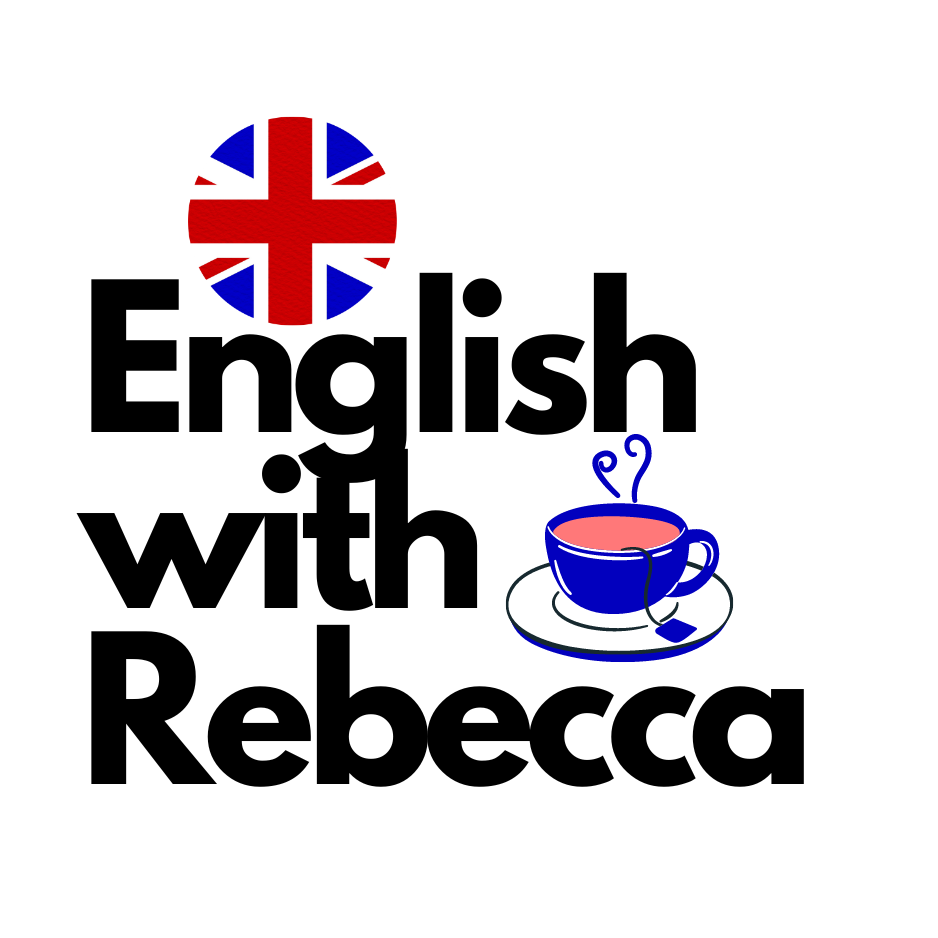I’m sure you can picture it: you're back in school, it's one of your first English classes, and the teacher asks you to present yourself. You probably said something like:
👉 “Hi, my name is Rebecca. I am 27 years old and I come from England. I like to read and listen to music.”
And just like that — job done.
Now, while all of those sentences are grammatically correct, they’re also very basic. And as you might already know, the English you learn in school isn’t always the English people actually use — especially in the UK.
In this lesson, I’ll show you how British people really introduce themselves — using natural, everyday phrases depending on the situation.
🎓 The “Textbook” Introduction
🎓 The “Textbook” Introduction
That first sentence we looked at? I call it the Textbook Introduction. It’s the kind of thing you’re taught in your early lessons. It works when you’re just starting out — but in the real world, especially in Britain, people often say things quite differently.
🧾 What Do People Usually Include?
🧾 What Do People Usually Include?
Before we explore different styles, let’s quickly go over the types of things people typically mention when introducing themselves:
- Your name – Obvious, but essential!
- Your age – In the UK, people don’t usually say their age straight away. It’s totally fine to share, but it's not expected — and asking someone’s age is often seen as rude.
- Where you’re from – Especially helpful in international settings or if someone’s curious about your accent.
- What you’re into – Music, films, food — whatever your interests, this can be a great way to connect.
- What you do – Your job, studies, or even what you spend your time doing. This usually comes up naturally, especially in formal or professional conversations.
Style 1: Friendly & Casual 🗨️
Perfect for:
- Meeting someone new at a party
- Chatting at a friend’s dinner
- Casual social settings
Typical greetings:
“Hiya!” – bright and cheerful
“Alright?” – a classic British greeting (it’s rhetorical — no need to answer!)
What Brits often say about themselves:
- Job or studies: “I work in marketing” / “I’m doing a law degree at uni”
- Interests: “I’m into cooking” / “I love hiking when I get the chance”
- Where they’re from: “I’m from up North” / “I live in Bristol now”
Example full intro:
“Hiya, I’m Emma. I work in publishing and I’m really into vintage fashion and true crime podcasts.”
Tips:
- Don’t overthink it — just chat like you would with a mate.
- Feel free to mention your hobbies or interests — it helps build connections.
Style 2: Polite & Professional 💼
Great for:
- Job interviews
- Networking events
- Academic or work-related settings
Typical greetings:
“Good morning.”
“Good afternoon.”
What people often include:
- Full name: Often expected in formal contexts
- Role or specialism: “I’m a lecturer in sociology” / “I work in HR”
- Where you’re based: “I’m based in Manchester” – a very common phrase in UK business English
Example full intro:
“Good afternoon, I’m Jonathan Fletcher. I’m a solicitor based in London, specialising in corporate law.”
Tips:
- Stick to clear, polite language — no slang or jokes until the tone becomes more relaxed.
- You can still add a personal touch: “I enjoy running in my spare time” — if it suits the mood.
Style 3: The Humorous British Approach 😂☕
British people love humour — especially self-deprecating humour — and it often shows up when talking about themselves.
This style is perfect for informal or creative environments, and helps you come across as approachable and down-to-earth.
What makes it stand out:
- Self-mockery: “Full-time tea drinker, part-time adult.”
- Funny quirks: “I’ve memorised all the James Bond villains.”
- Playful job descriptions: “I attempt to do graphic design.”
- Silly passions: “I collect plants I can’t keep alive.”
Example full intro:
“Hi! I’m Ben. Full-time tea drinker, part-time adult. I write copy for a living — mostly trying to make boring things sound interesting.”
Tips:
- Use this style when the moment is right — it’s brilliant for standing out in a fun way.
- Remember: British humour works best when you don’t take yourself too seriously.
As we’ve seen, the way you introduce yourself depends a lot on where you are and who you’re speaking to.
Whether you're aiming for casual and friendly, formal and professional, or fun and memorable, there’s a British-style introduction that’ll help you sound more natural — and more confident.
And remember: the English you learnt in school is just the beginning. With the right phrases and a little cultural insight, you can sound like a true Brit in no time. 🇬🇧
📚 Join The Basics of English Course! 🚀


